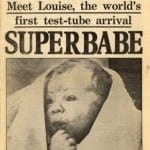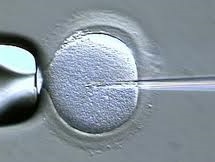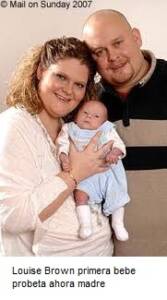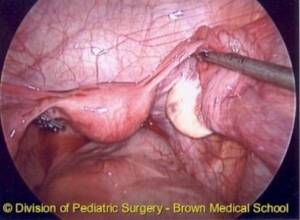 There is a widespread fear that babies resulting from assisted reproduction treatments may be different from babies conceived naturally. This fear has been expressed in newspapers, magazines, and even in the medical literature. What is the truth in this?
There is a widespread fear that babies resulting from assisted reproduction treatments may be different from babies conceived naturally. This fear has been expressed in newspapers, magazines, and even in the medical literature. What is the truth in this?
Since 1978 when the first IVF baby, Louise Brown, was born in England, more than 5 million babies have been born. In some countries, 4% of all births are assisted reproductive babies. At no time has there been a visible increase in malformations or other problems.
Several studies in large populations in Denmark and the Netherlands have found that these babies have a similar risk of developing birth defects (1.9% of major abnormalities) as naturally conceived babies.
Other studies find an increase of up to 1.4% more abnormalities in babies as a result of in vitro fertilization. This increase appears to be due more to the health conditions that caused the parents’ infertility than to the assisted reproduction process.
 A special case is the intracytoplasmic sperm injection (ICSI), in which a sperm is injected into an egg using a microscopic needle. It is used when there are severe abnormalities in sperm quality or quantity. It has been seen that these children have a slight increase in alterations of their sex chromosomes. Again, the greatest contribution to the problem seems to be inherited by the health condition of their parents, in this case, the father.
A special case is the intracytoplasmic sperm injection (ICSI), in which a sperm is injected into an egg using a microscopic needle. It is used when there are severe abnormalities in sperm quality or quantity. It has been seen that these children have a slight increase in alterations of their sex chromosomes. Again, the greatest contribution to the problem seems to be inherited by the health condition of their parents, in this case, the father.
Assisted reproduction babies have normal psychomotor development. A study conducted in Europe evaluating 2-year-old children found that children with assisted reproduction had normal psychomotor development compared to that of a group of children of natural conception. Other follow-up studies at 6 and 12 years have confirmed that there is no difference
: They are well-adjusted babies socially. In a study of young adolescents, Dr. Susan Golombok found that young people who were the product of assisted reproduction had good psychosocial functioning when compared to naturally conceived young people and in some cases, had better family functioning. The authors speculate that it may be because, as they were such long-awaited and desired children, parents invested more time with them and stimulated them more.

They are also fertile. Lousie Brown, the first baby product of In vitro fertilization, who is now 36 years old, has already had a pregnancy and delivery spontaneously.
Many other people conceived with assisted reproduction have already become parents naturally.
Millions of healthy children are now part of families and populations thanks to assisted reproduction treatments.

